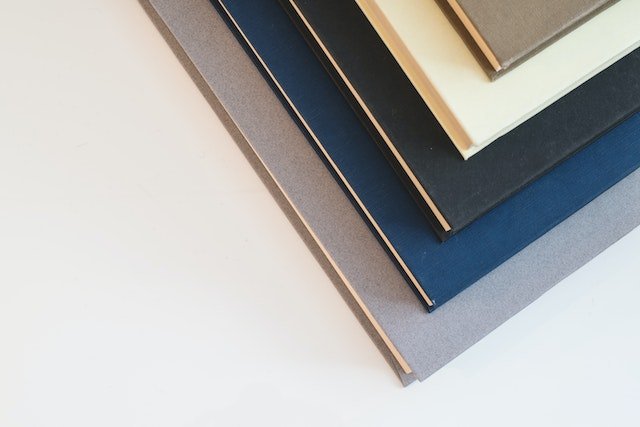Do you feel extremely overwhelmed with the unnecessary clutter that surrounds your life?
From cluttered desks to overflowing closets, this excess baggage has the potential to affect our mental well-being adversely. So if the constant amount of things spread in your home has made you anxious at some point, you are not alone.
Nowadays, we are continuously bombarded with messages about the things we need to hoard. Someone on the Internet is almost always telling you how you need more – more experiences, more stuff, more success, etc. Therefore, it is not your fault if you fall into the vicious cycle of accepting and accumulating more things in pursuit of ultimate happiness and fulfillment.
However, there is a different and contradictory explosion on the Internet that has challenged these age-old notions. Minimalism. More and more individuals are waking up every day realizing the physical and psychological benefits of minimalism and choosing to adopt it in their life.
Minimalism is the ideology that believes in living and adjusting with less. However, it goes much deeper than that. In this post, we are going to dive deeper into the meaning and psychological benefits of minimalism. Let’s get started.

What Is Minimalism?
What do you think when you read the word ‘minimalism’? Do you think of people living with small closets having monochrome shade clothes, minimalistic beauty-care regimes, or exquisitely crafted interior designs for homes and offices?
Since you have seen so many pictures plastered across your feeds of what a minimalistic lifestyle looks like, you might think of minimalism as something only strong-willed people can adopt. You might find the whole idea incredibly inspirational, but it might seem too much to give up on shopping altogether or make significant cuts in any aspect of your life.
However, contrary to the popular notion, minimalism is not just about living with less. It is also about figuring out what is important to you. When you let go of the unnecessary things in life, you learn to understand what matters. In a way, you make space for things that you actually love and will benefit from.
Psychological Benefits Of Minimalism
Now that you have a basic understanding of minimalism, let us dive into the various psychological benefits of incorporating minimalism into your life.
1. Less Stress.
One of the biggest psychological benefits of minimalism is that it reduces stress levels significantly. By freeing up the excess space occupied by unwanted things and commitments, you let go of the stress related to them. Additionally, you also feel a higher sense of peace and calm. A study by Darby E Saxbe has shown that cluttered surroundings lead to increased cortisol (stress hormone) levels. Therefore, decluttering and adopting a minimalist lifestyle can have a pretty direct and positive effect on your stress levels.
Read more: The Power Of Classic Conditioning In Psychology
2. You move away from the vicious competition of who has more.
When you are part of a world that encourages consumption and hoarding as the ultimate aim of life, you tend to adopt that mentality too. Life becomes a checklist of things that you need to own and accumulate. You start finding joy in the amount of stuff you own. Quantity presides over quality and emotions.
Therefore, one of the most important psychological benefits of minimalism is that it strays you away from this toxic rat race. You stop competing with others and are no longer conscious about whether you have more. This way, you let off the unhealthy mindset of competitiveness, reckless spending, and toxicity.
3. Minimalism is a great way of self-discovery.
Most of us attach our worth to the things we own. That is why adopting minimalism and letting go of our items can be pretty daunting. It might mean letting go of a part of ourselves.
However, once you start living a minimalistic life, you understand that only by letting go of things do you realize what is truly important. This way, minimalism becomes a radical and effective way of self-discovery.
Read more: Best Online Therapy Platforms – 6 Easy-To-Use And Affordable Sites
Conclusion:
In a world that encourages consumerism, minimalism is an ideology that helps you learn to live with less. There are various psychological benefits of minimalism. Learning to live with less reinforces positive feelings like being enough. This way, you let go of the stress of accumulating and having more – thereby feeling more peaceful and calm.
Have you heard of nihilism? Just like minimalism, nihilism is the newest cool word on the Internet. To learn more about it, click here.
To continue learning about mental health, subscribe to Your Mental Health Pal.

